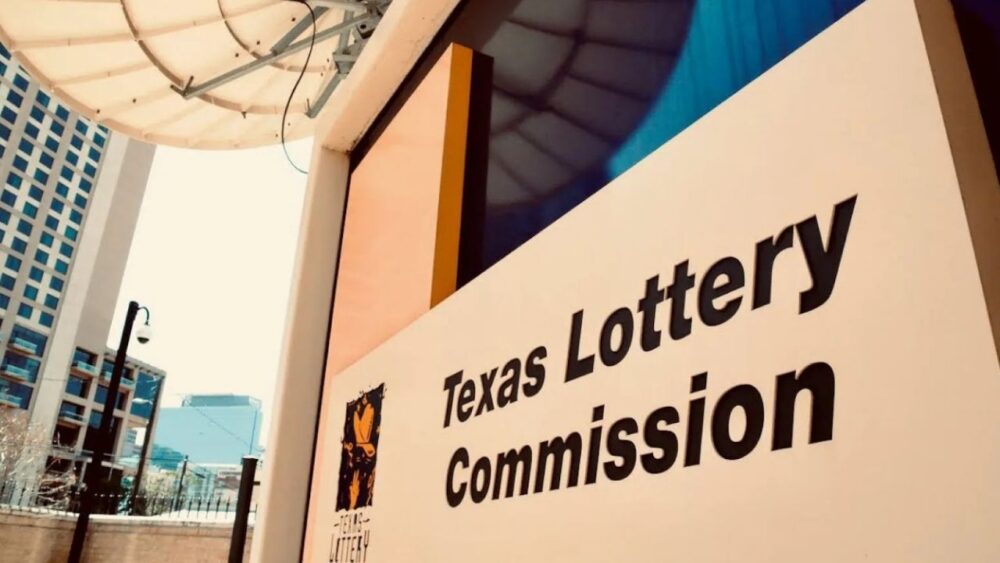(Texas Scorecard) – A long-running federal investigation into a Texas-based lottery ticket reseller has resulted in two guilty pleas by former executives. The pleas follow the February indictment of a Russian businessman.
Ryan Dickinson and Matthew Clemenson have pleaded guilty to their part in a complex securities fraud scheme that included fabricated revenues and regulatory deception. In given testimony, the pair and Lottery.com’s former CEO have been directly linked to high-ranking Texas Lottery officials, including the former Texas Lottery Commission Executive Director, Gary Grief.
According to federal indictments unsealed earlier this year, Russian national Vadim Komissarov—known as “Vlad”—orchestrated the fraud as CEO of Trident Acquisitions Corp. (TDAC), which merged with AutoLotto, Inc. (doing business as Lottery.com) in late 2021.
Facing a deadline to complete the merger or return investor funds, Komissarov allegedly conspired with Lottery.com executives Ryan Dickinson and Matthew Clemenson to artificially inflate the company’s revenues through a series of sham transactions.
Prosecutors allege that Komissarov and his co-conspirators faked data sales, used a shell company to buy stakes in two Mexican gaming companies for $1 million, then sold those stakes to AutoLotto for $10 million plus shares, creating the illusion of legitimate business activity and further inflating reported revenue.
In another instance, a $30 million round-trip transaction with a data company was used to make it appear that Lottery.com had earned $30 million in revenue. This loan was concealed from auditors and the company’s board.
Federal court documents detail the roles of then-CFO Ryan Dickinson and Chief Revenue Officer Matthew Clemenson, both charged with conspiracy to commit securities fraud, making false and misleading statements in SEC filings, and improperly influencing audits.
Both executives are accused of:
- Falsifying financial statements to inflate revenue and mislead investors.
- Making untrue statements and omitting material facts in SEC filings, including quarterly and annual reports.
- Fraudulently influencing outside auditors to conceal the true financial condition of Lottery.com, particularly regarding revenue and the acquisition of Mexican gaming companies.
Not mentioned in the filing is Lottery.com’s involvement in the rigged $95 million jackpot secured in April 2023, with the aid of the Texas Lottery’s former executive director, Gary Grief. In that situation, Lottery.com’s former CEO, Tony DiMetteo, reactivated the company’s lapsed license to allow for the printing of millions of tickets on a dozen machines delivered quickly to the organization’s offices, where no other retail business was conducted.
The securities fraud scheme began to unravel in mid-2022.
Internal investigations revealed non-compliance with state and federal laws, particularly regarding the cross-state sale of lottery tickets and improper revenue recognition. Lottery.com’s board fired Dickinson, and Clemenson resigned shortly thereafter. The company soon disclosed it had overstated its cash balance by $30 million and recognized improper revenue in the same amount.
These revelations triggered a series of stock price collapses: a 12 percent drop after Dickinson’s firing, another 14.5 percent after Clemenson’s resignation, and a staggering 64 percent plunge after the company admitted it could not fund operations or pay obligations, casting doubt on its survival.
Shortly after the Komissarov indictment was unsealed, Gov. Greg Abbott announced a narrowly focused investigation into two Texas lottery jackpot wins, while Lt. Gov. Dan Patrick and Attorney General Ken Paxton called for broader probes into the Lottery Commission.
Notably, the Texas Rangers have not been successful in questioning Grief, despite his reported presence in the state, according to recent social media postings. His successor, Ryan Mindell, saw his tenure at the Lottery Commission come under extreme scrutiny before he ultimately resigned.
The scandals have led the agency that oversees the “Games of Texas” to the brink, with a measure before the Texas House relegating it to the trash heap, curtailing lottery play and adding needed accountability.
Investors have filed class-action lawsuits against Lottery.com, alleging violations of federal securities laws, including false statements about internal controls and compliance with lottery regulations. The lawsuits detail how the company’s leadership certified misleading financial statements and failed to disclose significant deficiencies in internal controls.
The Lottery.com scandal exposes vulnerabilities in both corporate governance and state oversight of gambling operations.
Sentencing in the Dickinson and Clemenson case is set for November. Both face ongoing civil litigation after a California church lost $2.7 million to cover Dickinson’s taxes.


